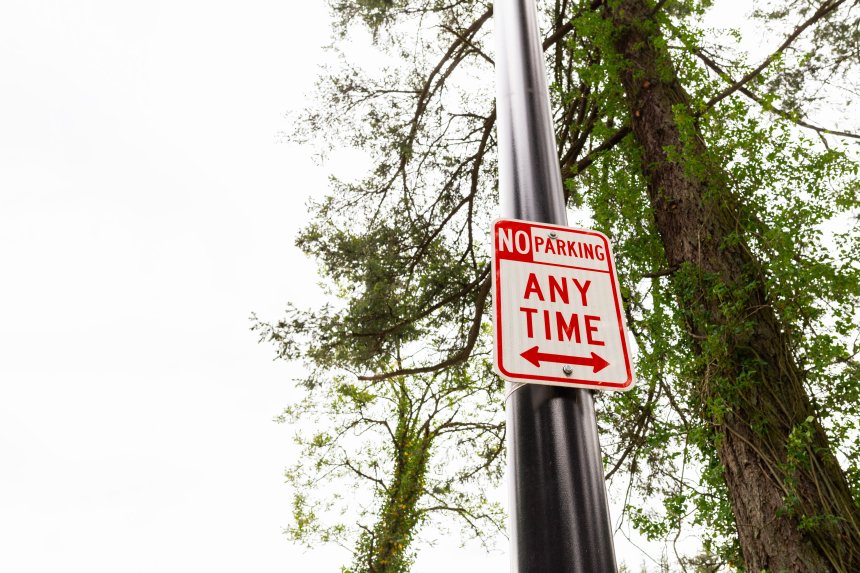Why New Town Board Members Should Lead with Observation, Not Overhaul
Restraint is not weakness — it’s leadership. Making informed changes with the input of those who keep the town running daily will always produce better outcomes than top-down mandates made in haste. Show the community that you’re not just eager to change things — you're eager to understand them first.

When newly elected town board members take office, it’s natural to want to make an impact. After all, many ran for their seat with a vision, a mission, and ideas for change. But one of the most important things a new board member can do in their first few months is wait — not to stall progress, but to understand the system they’ve just become part of.
Town Departments Are Complex, Not Static
Highway departments, clerks' offices, planning boards, and more — these departments are the engines that keep a town running. Many have longstanding processes, seasonal cycles, and legal responsibilities that may not be immediately obvious to a new official. What might look like inefficiency at first glance may actually be a carefully balanced system developed over years of experience and state compliance.
Institutional Knowledge Deserves Respect
Department heads often carry decades of knowledge. They know the roads that flood, the storm drains that back up, and the residents who call after every snowfall. Rushing to implement new workflows, cut budgets, or impose changes without understanding the daily realities of these departments can lead to confusion, service disruptions, or even safety concerns.
Start by Asking, Listening, and Learning
A wise board member spends their early tenure asking questions:
-
Why is this process done this way?
-
What challenges do you face?
-
What would help you work more effectively?
This period of observation builds trust and gives department heads a chance to share insights — and often, they’ll welcome opportunities for improvement once they feel heard and respected.
Change Should Be Collaborative, Not Commanded
Restraint is not weakness — it’s leadership. Making informed changes with the input of those who keep the town running daily will always produce better outcomes than top-down mandates made in haste. Show the community that you’re not just eager to change things — you're eager to understand them first.


















